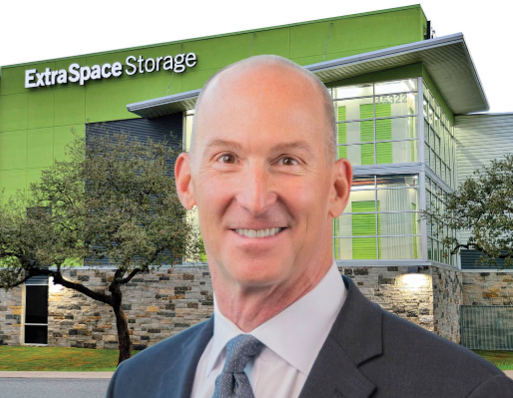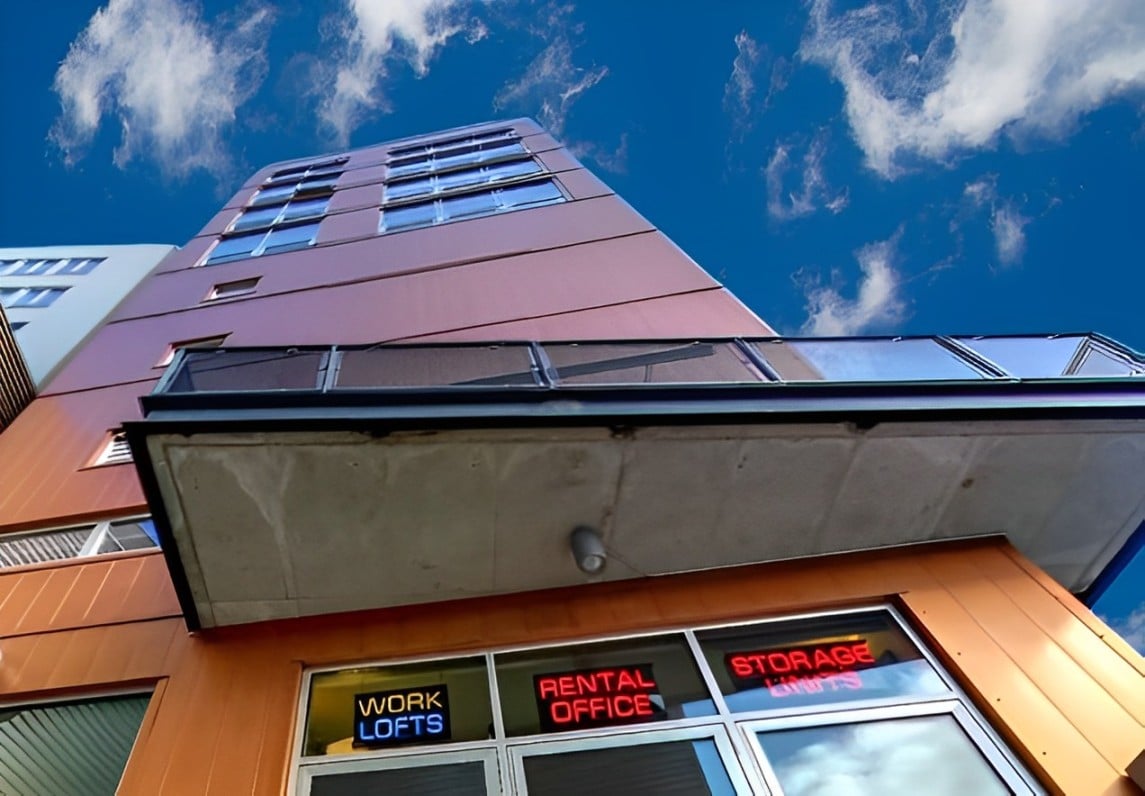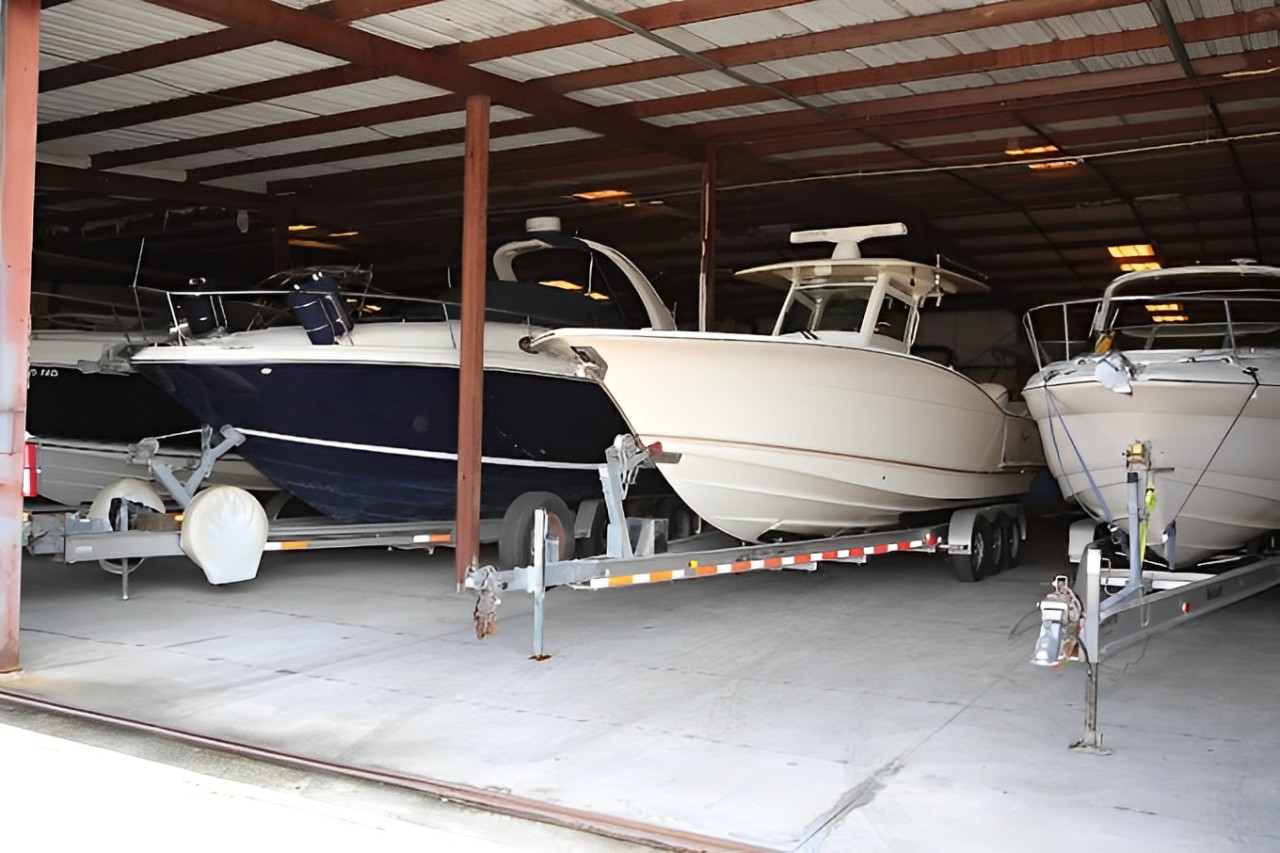New Customer Queries
11 Questions To Build Rapport
Similar to a first date or a job interview, determining a new customer’s needs requires plenty of questions. The questions you ask—and the responses you receive—will help both you and the potential tenant decide if your self-storage facility will be a good fit for his or her storage requirements. Therefore, asking the right questions is a crucial part of your sales pitch. Here are 11 key questions you should ask every customer to establish trust and, hopefully, seal the deal.
1. What’s your name?
As simplistic as it seems, making sure you have your customer’s name is the first step to the start of a beautiful relationship. “You want to personalize the conversation and begin to build that rapport,” says Todd Amsdell, president and CEO of Amsdell Companies in Cleveland, Ohio. “If they are calling you, get their phone number at the same time in case you get disconnected.”
2. How did you hear about us?
Brigitte Storti, director of training and marketing for Storage Investment Management, Inc., in Pine Bush, N.Y., says that every year her company spends valuable budgeting dollars on marketing and promotions, so this question helps the company determine where their customers are coming from. “We want to spend our marketing dollars wisely,” she says, “so if we are not getting any returns, we are not going to spend money there again.
3. What are you looking to store?
This is not an invasive question. You are simply trying to determine what type of unit fits your customer’s needs the best. “For example, if the customer says they are waiting on a closing for a house, you know they will have a good amount of things to store, but the storage will only be temporary,” says Storti. “If they are only storing holiday decorations, they will most likely want a long-term unit.”
In particular, Jeff Greenberger, self-storage attorney and partner in Katz, Greenberger & Norton, LLP in Cincinnati, Ohio, reminds managers to ask if the customer will be storing a vehicle or anything that has a title. “Most storage operators do not want to be implicated in any sort of an attempt to hide a vehicle from an appropriate owner, so you want to make sure you are dealing with the owner of the vehicle,” he says. “If you don’t ask up front you may never be told. If something happens, for example, say there are vapors from a stored vehicle that creates a potential hazard, the owner will look at you and the police will look at you.”
4. Are you an active member of the military service?
“If this isn’t one of your first questions, you should be fired,” says Greenberger. The Servicemember’s Civil Relief Act (SCRA) provides a wide range of protections for individuals entering, called to active duty in the military, or deployed service members. It postpones or suspends certain civil obligations, such as outstanding credit card debt, mortgage payments, pending trials, taxes, and terminations of leases to enable service members to devote full attention to duty and relieve stress on the family members of those deployed service members.
“You’re required by federal law to ask it,” Greenberger says. “You’re not just asking the service member, but you’re asking for the spouse or husband or girlfriend too. You need to know this information before you foreclose on a unit or get a court order for that unit. You could face financial penalties and even jail time if you don’t know it.”
5. How long do you plan on storing?
In addition to making sure a unit is available, the answer to this question will determine what specials and features that you will offer to the customer. “If the customer wants the unit temporarily, say only for one month, you’re not going to offer a one-month free special,” says Amsdell. “If they want the unit for a year, talking about air conditioning makes sense; if they only want it for three months in the middle of winter, it doesn’t.”
6. How soon do you need the unit?
Timing is everything. For example, John Smith just moved to the area and needs a 10-by-20 unit in one month to store all of the items that do not fit into his current residence. Your units are all filled up, but, at this point, knowing the size of a unit he thinks that he needs, what he is storing, and how soon he needs it, Storti says that you can now recommend an alternative that is available and still suits his needs.
7. Where are you in the moving process?
Every phone call is not only an opportunity to sell, it’s also an opportunity to up-sell as well. “If the customer hasn’t even packed yet, you can up-sell the facility and its packing supplies like boxes and bubble wrap that you offer. Some centers even have mattress bags and sofa and chair covers available to sell.”
8. Do you need a climate-controlled unit?
When it comes to temperature- or climate-controlled units, Greenberger says that many lawsuits result from customers who should have answered this question with “yes” instead of “no”. “Customers have picked units that do not have temperature control and then claim it was supposed to have the controls,” he says. “The customers will say they were misled and thought it was temperature controlled.” He advises that customers should sign an agreement, checking that they understand the unit has, or doesn’t have, temperature controls.
9. Do you know where we are located?
Again, it might sound like a simple question with a simple answer, but it’s best to make sure since many towns have multiple storage facilities. “This is especially important if your customer is new to the town and you want them to come in and take a tour of the site, see different sized units, and get a better feel of what they might need,” Storti says. She has had customers who have done everything over the phone, but she still believes this question is vital to getting the customer through the front door.
10. What is your social security number?
Identity theft is on the rise, and asking for a customer’s social security number is an added level of protection. Customers are not obligated to provide it, but, according to Greenberger, it doesn’t hurt to ask. “People never want to give it and owners are afraid to take it, but you have to understand there’s a potential for liability if you don’t have it,” he says. “Do what you need to do to protect yourself every time; it’s a business necessity.”
11. Do you have insurance?
Last, but not least, is making sure that the consumer has insurance for the items they are storing. It’s another level of protection for you and the customer. “You can’t leave insurance of the contents to chance,” says Greenberger.
Remember that when asking these questions you may have to pull out the information from your customer if they don’t readily offer it. “Keep in mind, too, that the questions to be asked will change from facility to facility,” says Amsdell. “For example, one self-storage center may include questions about climate-control units, while another center focuses on outdoor RV and boat storage only. It’s helpful to know your customer base.”
Above all, be sure to keep a friendly and professional demeanor throughout the entire interaction. First impressions are everything, and building relationships with your customers begins with your greeting as soon as they call or come through the office door.
Lisa Iannucci is a freelance writer based in Poughkeepsie, New York.
More Content
Popular Posts
The self storage industry is in a precarious...
The REITs new pricing strategy – lowering...
With the approval of both companies’...
Recent Posts
Ramey Jackson is the CEO of Janus...
Imagine preparing to move and needing to...
Owning or managing a self-storage facility...
Helen Keller is quoted as saying, “Alone we...
It’s often been said that “opportunity is...
There’s a saying in Florida that there are...
The landscape of the self-storage industry...














